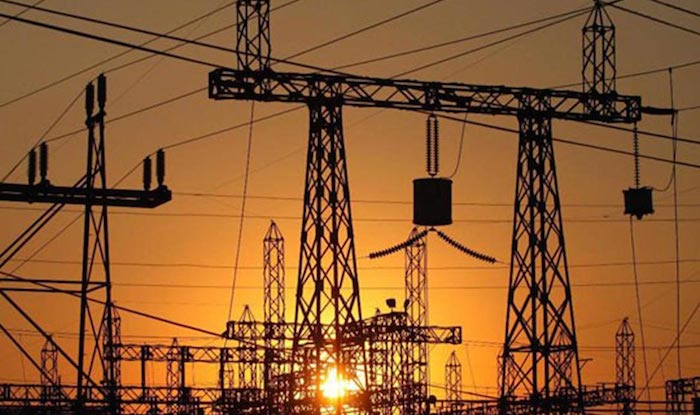Nigeria’s power sector at crossroads
The recent nomination of Abdullahi Garba Ramat as Chairman of the Nigerian Electricity Regulatory Commission (NERC) has sparked significant debate among energy experts and stakeholders. While many acknowledge the progress NERC has made over the past decade, there are growing concerns that this nomination could destabilise the sector and derail the hard-won gains.
NERC’s Decade of Progress and Institutional Growth
Over the last ten years, NERC has evolved into a critical institution for Nigeria’s power sector. A key achievement has been guiding the sector through significant reforms, culminating in the landmark Electricity Act of 2023. This Act empowered states to generate, transmit, and distribute electricity within their boundaries, moving Nigeria away from a solely centralised model.
NERC has been instrumental in managing this transition, systematically transferring regulatory oversight to states like Ondo, Imo, Enugu, Ekiti, and Oyo that have established their own electricity markets. The commission has actively worked to share its regulatory knowledge, holding multiple engagements with state regulators to ensure a smooth and effective decentralisation process. This institutional maturity and focus on stability is now seen as being at risk.
How an Inexperienced Chairman Could Derail Progress
Experts argue that nominating a chairman with no prior background in the complex Nigerian Electricity Supply Industry (NESI) threatens to undo years of progress. The primary risks include:
– Erosion of Investor Confidence: The power sector relies heavily on local and international investment. Adetayo Adegbemle of PowerUp Nigeria warns that the controversial and “illegal” nature of the takeover signals that “NERC, the crucial referee, may now be compromised.” This perception could freeze urgently needed investments in generation and distribution infrastructure, transforming the sector into a “politically toxic asset class”.
– Regulatory Instability and Legal Challenges: Any decision made by Ramat before Senate confirmation—whether on tariffs, licenses, or market rules—is vulnerable to being nullified by the courts. This creates immense uncertainty for distribution companies (DisCos) and generation companies (GenCos), potentially halting critical projects and reforms.
– Lack of Sector-Specific Expertise: Stakeholders point out that while Ramat has qualifications in engineering and management, the NERC chairmanship requires deep familiarity with the sector’s unique challenges, such as liquidity crises, tariff setting, and subsidy management. One stakeholder bluntly stated, “This is not the right time for NESI to have a student regulator,” emphasising that the learning curve is too steep for the sector’s current challenges.
Expert Recommendations: A Path Forward
To avert a crisis, experts and consumer advocacy groups propose a logical solution that balances recognition of the President’s prerogative to appoint with the need for sector stability.
The consensus advice is for President Tinubu to reassign Engr. Ramat to a different government department where his skills in strategic management and digital innovation can be better utilised without jeopardising a critical sector. Subsequently, a seasoned professional with direct experience in the power sector should be appointed to lead NERC. This would help restore credibility, assure investors, and ensure that the regulatory framework remains stable and effective.
This approach would allow the new chairman’s academic promise to be applied appropriately while safeguarding the institutional progress NERC has achieved over the past decade.

